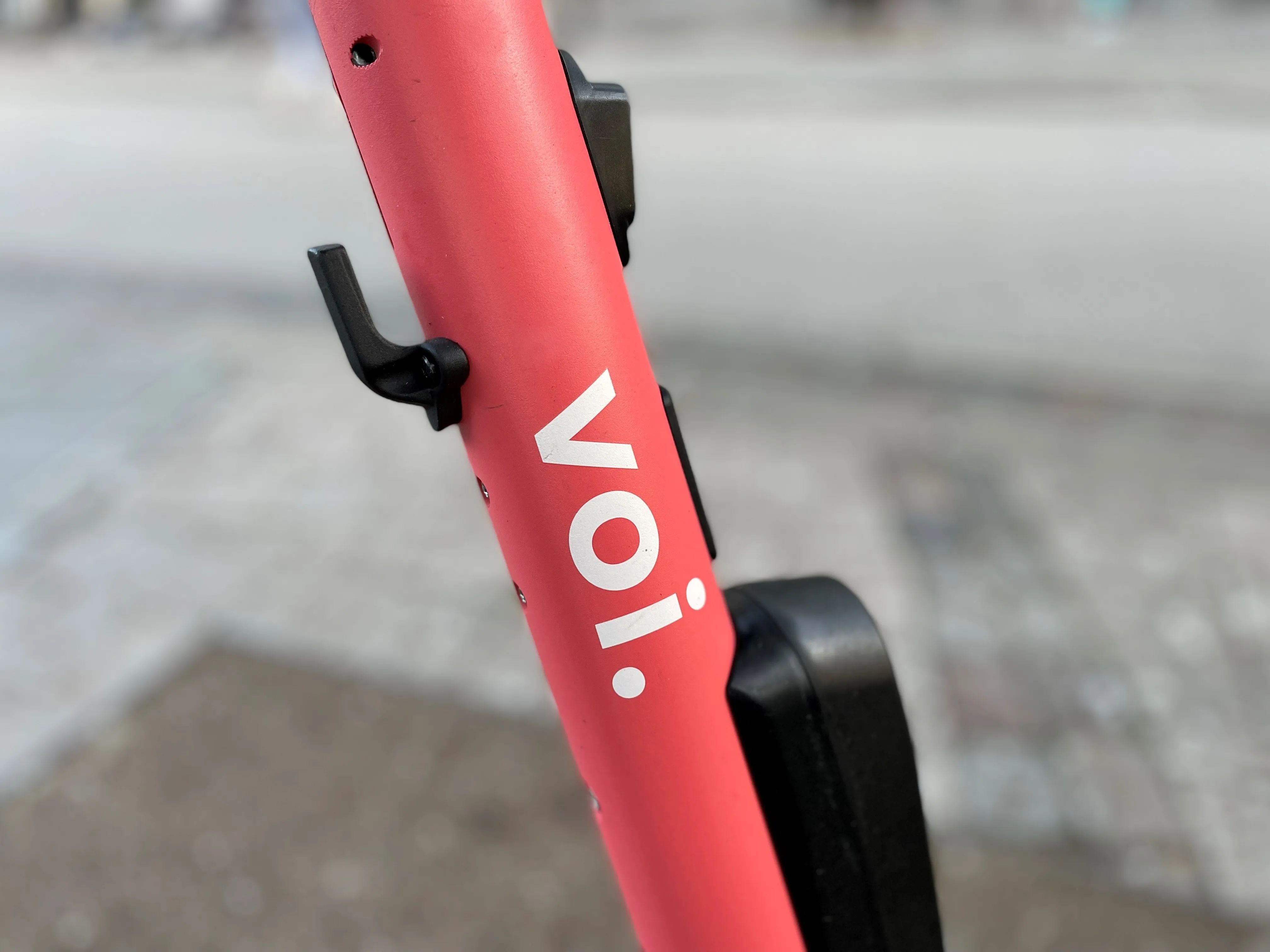Road congestion and lack of infrastructure funding are among the main issues facing the transportation industry, according to the new president of the
Chris Tomlinson, who is also interim executive director of the newly created Atlanta-region Transit Link Authority, suggested an absence of technological standards, particularly in the US, is also a potential problem.
But along with “continued increases in congestion in our urban areas”, he points to opportunities. “We can see a convergence of technological advancements in the areas of connected and autonomous vehicles; exponential growth in the areas of vehicle-to-vehicle and vehicle-to-infrastructure communications; [and] a resurgence and renewed focus on the role transit will play in meeting our urban mobility needs.”
In the US, he believes the upcoming federal transportation reauthorisation bill will also provide opportunities for the sector. Using the theme of ‘driving the future of mobility’, Tomlinson wants IBTTA to play a more active role “as opposed to the more passive role of ‘passenger’ that merely observes and reacts to these trends”.
Tomlinson is also executive director of the State Road and Tollway Authority and the Georgia Regional Transportation Authority.
Transportation industry challenged by urban congestion, says IBTTA president
Road congestion and lack of infrastructure funding are among the main issues facing the transportation industry, according to the new president of the IBTTA.
Chris Tomlinson, who is also interim executive director of the newly created Atlanta-region Transit Link Authority, suggested an absence of technological standards, particularly in the US, is also a potential problem.
But along with “continued increases in congestion in our urban areas”, he points to opportunities. “We can see a convergence of t
January 8, 2019
Read time: 2 mins








